How expats celebrated Chinese Spring Festival in 2015
Updated: 2015-03-14 08:11
By Xu Lin, Yang Yang and Xu Fan(China Daily)
|
||||||||
 |
|
Jan Korbel, 28, has celebrated Spring Festival in serveral different Chinese cities, and he says each expereince was impressive. [Photo provided to chinadaily.com.cn] |
"It's very sweet to be a part of the celebration," says Korbel from the Czech Republic. He had meals with friends and hung out in Beijing for this year's holiday.
Last year, he visited a friend in the countryside of Hunan province to celebrate Spring Festival. "I like the Hunan spicy cuisine. Unlike Beijing, the countryside was bustling with noise and excitement during the festival," says Korbel, a foreign expert at China Radio International.
Unlike cities in North China, such as Beijing, most places in South China have no heating in winter. When he was in Hunan, people used an electric stove to stay warm.
Korbel says people in the countryside have done a better job of preserving traditions and cultural norms. They are concerned about saving face and pay close attention to what brand of cigarettes other people are smoking.
After visiting Hunan, he traveled to Gongcheng county, Guilin, the Guangxi Zhuang autonomous region, and rubbed shoulders with locals and ate delicious cuisine such as dumplings and cooked glutinous rice pounded into paste.
When he returned to Beijing, Korbel got caught in the Spring Festival rush, or Chunyun, the world's largest human migration. All of the tickets for the hard and soft sleepers were sold out, so he was forced to sleep on the floor.
In the Czech Republic, where Korbel is from, Christmas is similar to Spring Festival in that it's a time when families get together. He was surprised to learn that some young Chinese don't return home for Spring Festival.
On Christmas Eve, families in the Czech Republic get together, send gifts to each other and eat a sumptuous dinner. They also wrap presents, decorate the Christmas tree with various ornaments and sing Christmas songs.
During Spring Festival, Chinese have the tradition of giving gift money, or yasuiqian, which refers to older family members giving new banknotes to young people to wish them a prosperous new year.
Korbel says Czechs don't give money as a gift, but they have a similar tradition on Christmas Eve. Each family member receives fish scales and chocolate coins under their plate for good fortune.
When he was a child, Korbel was curious about China and thought it was mysterious because there weren't many news reports in the Czech Republic about the country.
In 2008, he came to Xi'an, Shannxi province, for an exchange program while he was studying Sinology as a junior undergraduate in the Czech Republic. It was his first time in China and he fell in the love with the country.
He joined Chinese Bridge, the Chinese Proficiency Competition for Foreign College Students, and won two scholarships to further his Chinese studies at Hunan University and Renmin University. He also learned how to play guzheng, the traditional Chinese zither.
Korbel says some Westerners have misunderstandings about China, and believe that it is undeveloped and impoverished. But when they visit China, they discover that parts of the country are highly developed and have state-of-the-art transport, such as the high-speed trains.
"It's amazing that Beijing's public transportation is developing fast. I like the subway system very much."
- Iraqi forces battle Islamic State for Tikrit on two fronts
- Venezuelans march in solidarity with govt
- Downton Abbey fan Kate Middleton visits set of hit TV show
- UK fantasy author Terry Pratchett dies
- Indian Prime Minister arrives in Sri Lanka on state visit
- Top diplomats set to meet to discuss China, Japan, South Korea summit

 Apple Watch clones clock big hit in market
Apple Watch clones clock big hit in market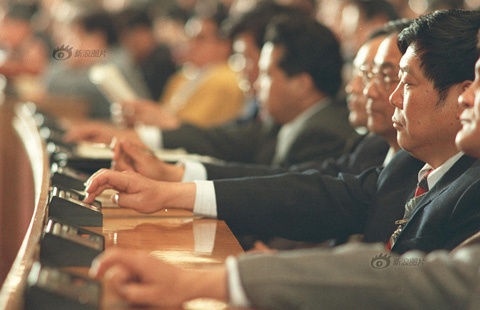
 Historical images of 'two sessions'
Historical images of 'two sessions'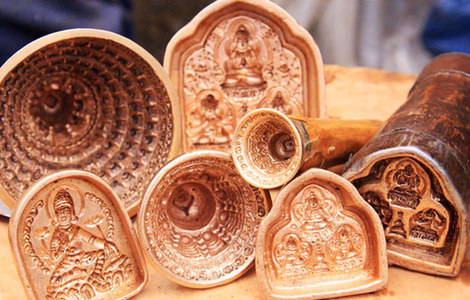
 Sacred craft dwindles
Sacred craft dwindles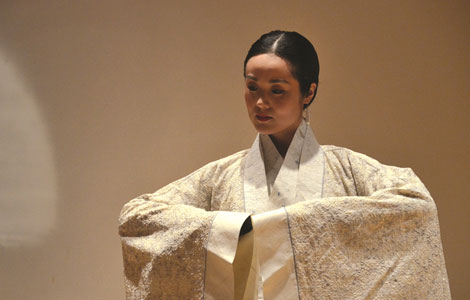
 Across America over the week (from March 6to March 12)
Across America over the week (from March 6to March 12)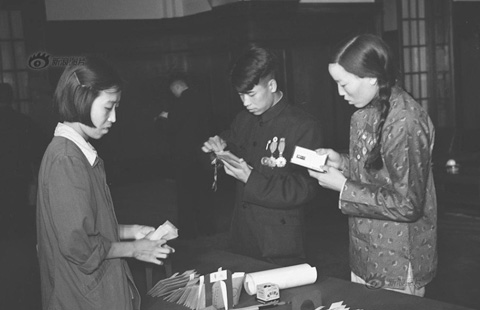
 14 firsts in history of 'two sessions'
14 firsts in history of 'two sessions'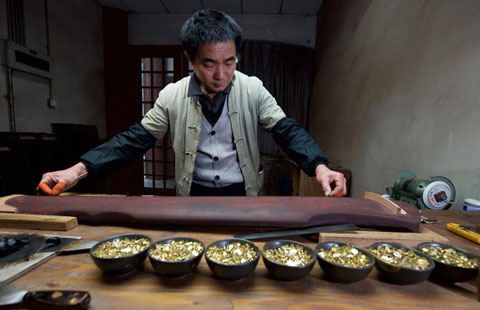
 Zither village: Producer of musical charm
Zither village: Producer of musical charm
 Top 10 largest new international plants in China
Top 10 largest new international plants in China
 Picturesque scenery of red earth in Yunnan
Picturesque scenery of red earth in Yunnan
Most Viewed
Editor's Picks

|

|

|

|

|

|
Today's Top News
Foreign investment restrictions to be cut
New bureau set to boost graft fight
Taking the fight to the terrorists
China: Action to be taken if deadly bombing happens again
28 high-ranking 'tigers' to stand open trial
China lodges representations after Myanmar bomb kills 4
Free trade zones in China
China has huge growth potential
US Weekly

|

|







